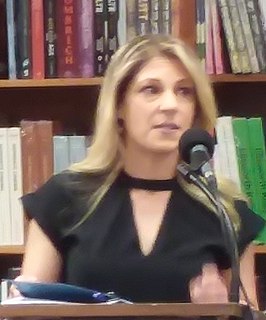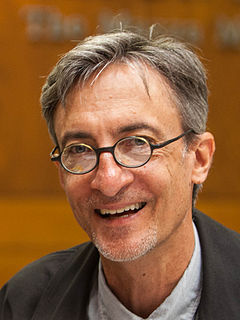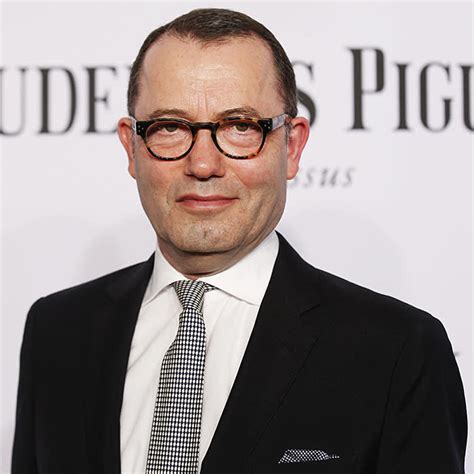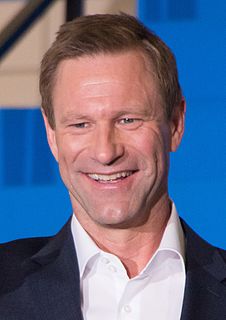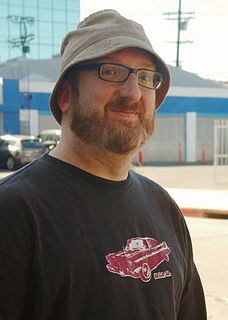A Quote by Leonard Susskind
I have a funny mental framework when I do physics. I create an imaginary audience in my head to explain things to - it is part of the way I think. For me, teaching and explaining, even to my imaginary audience, is part of the process.
Related Quotes
I would hate to be in high school now. Psychologists talk about the 'imaginary audience' that teens seem to feel they have around them and that makes them think they have to keep up their image all the time. Now with Facebook and MySpace and 24/7 online access, that imaginary audience has become real.
Somewhere in this process, I begin reading and showing my book to my audience. When I say my audience, I mean a single imaginary child who is a blend of myself as a young person, the students in my wife's classroom of first- through third-graders, and the students from two classrooms I visit regularly in the Bronx, New York.
The first splurge of creativity is kind of free, and the last 30 percent is painstakingly hard work, but it's good to light a fire and make it public and create that expectation. It's become part of the writing process, really, a way to ask the audience what they think, how they think it's going. I can't write songs in a vacuum.
For any artistic person who creates imaginary people, the art is like inhabiting the life and mind of a seven-year-old child with imaginary friends and imaginary events and imaginary grace and imaginary tragedy. Within that alternate universe, the characters do have quite a bit of free will. I know it's happening in my mind and my mind alone, but they seem to have their own ability to shape their destinies. So I'm not shooting for anything. If the characters are vulnerable it's simply because they're very human.
I make comedies and I always try... I don't try but I allow to have at least 5% of the jokes or have some jokes that I know will be understood by only about 5% of the audience. It's that guy in the corner who gets it and laughs. But he has to have his jokes too. That's part of my audience. Part of my audience is the people who will only get certain things.

